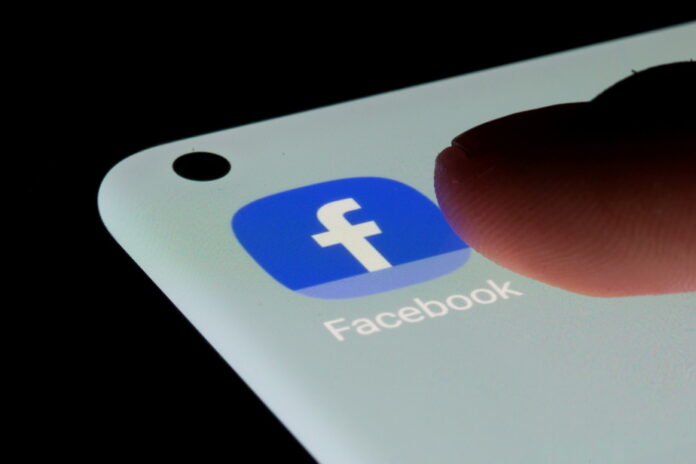(OTTAWA) New documents show that a federal department asked Facebook and Twitter to remove posts linked to a news article it said contained errors – a request it was denied.
The request to remove social media posts, linked to an unspecified Toronto Sun article, was made by a Director of Communications at Immigration, Refugees and Citizenship Canada on September 27, 2021.
Documents indicate that staff at the Immigration and Refugee Board of Canada believed the article contained “serious errors of fact that could undermine public confidence in the independence of the Board as well as in the ‘integrity of the refugee status determination system’. The Commission did not respond to questions from La Presse Canadienne.
The social media giants said they were denying the request because the article was not their original content.
The Canadian Press unsuccessfully attempted to contact the Toronto Sun.
Documents tabled in Parliament detail 214 instances of the government requesting the removal of social media content between January 2020 and February 2023. Companies took down posts about half the time for reasons including spoofing identity or copyright infringement.
The government documents came in response to a written question from Conservative MP Dean Allison.
In another case, the Canada Revenue Agency (CRA) requested that private messages be removed from Facebook Messenger because employees had shared taxpayer information on the platform.
The agency said an administrator deleted the conversation on June 7, 2022, but it was unclear whether Facebook had deleted the posts from its servers.
“The CRA disciplined the employees involved, up to and including termination,” the documents say. Affected taxpayers were notified and offered credit protection services. Employees have also been trained on unauthorized access and social media.
In a third case, Facebook owner Meta acceded to a government request to remove an account that posed as former RCMP Commissioner Brenda Lucki and was sending false messages.
Facebook, Instagram, Twitter, TikTok and LinkedIn have all complied with various requests related to copyright violations and company policies.
However, social media companies often posted messages that the government and its departments deemed offensive.















